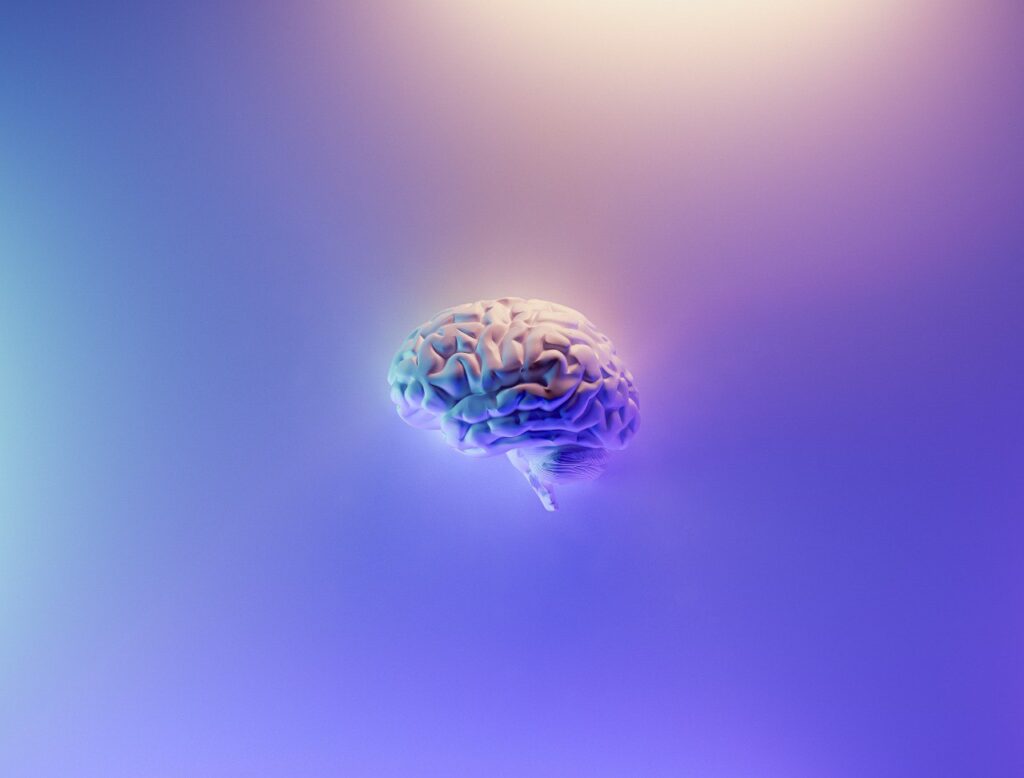Dr Hamaad Muin Ahmad, Junior Doctor, UK

We have all fallen victim to satisfying our demanding dopamine receptors for that quick dopamine hit. Be it swiftly checking our mobile phones to see if we have received a text or email, switching on Netflix when lounging around at home, or even snacking on a sweet treat; dopamine drives all this. It is a reward neurotransmitter and plays a primary role in reward-motivated behaviour.
However, it must be understood that dopamine is not at all negative. In fact, dopamine is what has helped our species survive for millennia. Early humans were driven by dopamine to track and hunt their prey for endless miles and hours for basic survival. Ultimately, dopamine is what drives a myriad of organisms in pursuit of anything, healthy or not.
Of course, with evolution come technological advancements, and with that comes easier accessibility for the performance of daily tasks or seeking entertainment.
Comparing humans today in 2023 to early humans who lived thousands of years ago, there is a drastic difference in dopamine access. With a few clicks of a remote, swiping of a phone, or opening of a cupboard to find a bar of chocolate, we now have access to dopamine hits and peaks that otherwise used to come every few days or weeks in early humans; back then, one successful hunting trip of game meat would allow peace of mind for a whole week or two, depending of course on how the meat was rationed.
We are now in complete contrast to this. Today, we live in an era of ‘dopamine overdose’.
And now, with the sheer advancement in technology, such as the emergence of Artificial Intelligence (AI), we are slowly escaping the long, gruelling hours of writing an essay or an article by simply asking AI to write it for us. Even while writing this piece, I am tempted to ask some chatbot to write it for me; however, the benefits of delayed gratification or delayed dopamine release are far more beneficial for our brain.
One may question, well, what is the harm in that? What is the harm in having easy access to satisfy our dopamine hits? As long as I am happy, right? Well, why is it that today, humans (especially those living in Western countries) are unhappier than ever before? Furthermore, why is it that researchers such as Dr Laura Marie Edinger-Schons, a psychologist from the University of Mannheim, have found that Muslims experience the ‘highest life satisfaction’? (www.apa.org/news/press/releases/2019/04/greater-life-satisfaction.html) Indeed, there are reasons for this.
Before we proceed further, it is important to understand the basics of dopamine. Having a high dopamine drive would make one feel euphoric, energised, and motivated. In contrast, a period of low dopamine causes feelings of tiredness, low motivation, and an inability to concentrate. On Earth, the majority of organisms, from worms to reptiles to mammals, have dopamine as a neuromodulator. These organisms have a dopamine ‘baseline’, which describes the lowest amount of dopamine that is always present and circulating in our system.
Put simply, a dopamine spike will cause an increase in dopamine, thus impacting our mood. Various exogenous factors may multiply dopamine levels by 2 or even by 10. However, a general rule of thumb is that the greater the increase and spike, the deeper the fall in dopamine. So, let’s say you have a piece of chocolate. This will multiply your dopamine by 1.5. Following this, when the spike has ended, your dopamine will decrease in proportion to how high and fast it increased, and you will begin to feel the effects of low dopamine. Ultimately, what goes up must come down.
In our synapses (the microscopic space between our neurons), the vesicles that contain dopamine are limited. An environmental factor that brings about a requirement for dopamine will release these dopamine-contained vesicles into the synaptic cleft. Constantly fulfilling your dopamine levels and getting those highs ultimately places you in a position where your synaptic dopamine is depleted and you begin to feel low. Your motivation, focus, and concentration levels then begin to fall.
If a person is constantly fulfilling their dopamine demand, they will begin to feel that their only source of happiness and contentment is whatever was producing that dopamine surge. This leads to a vicious cycle that ultimately leads to discontentment, demotivation, and, in the worst-case scenario, depression.
Another extremely important point is particularly noteworthy. During the undertaking of hobbies or pastimes, if one were to do something that would elicit a dopamine hit while performing this activity, they would dampen that experience, causing the individual to not enjoy that hobby to the fullest as they would normally do.
Allow me to further explain using an example. Let’s take a gym workout, or any other physical activity for that matter. If one were to use their mobile phone for texting or listening to music or a podcast during the workout, eventually, in the following gym sessions or physical activities, the individual would unconsciously begin to feel empty without their mobile phone or music.
Consequently, in the future, they would not enjoy the hobby they otherwise would without this external factor. This may eventually cause the individual to become numb to their physical activity – an activity which in itself is meant to cause a dramatic increase in dopamine. This example can be applied to any situation in which one would normally find enjoyment that is masked by easy dopamine access.
Acting upon Islamic teachings through prayer and practising moderation can greatly regulate our dopamine release and help regulate our mood and addictions. The beautiful, pristine teachings of Islam teach us how to control ourselves, and thus self-regulate our dopamine levels.


Very well explained for a common man.